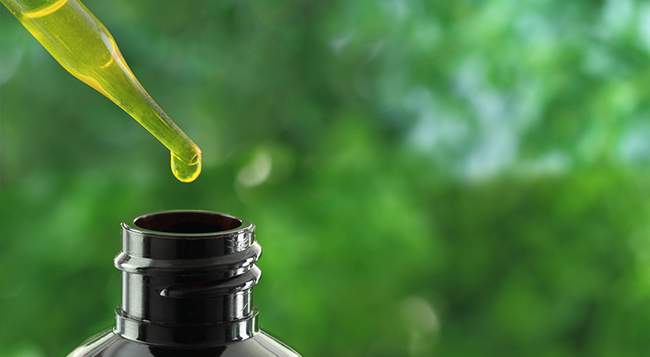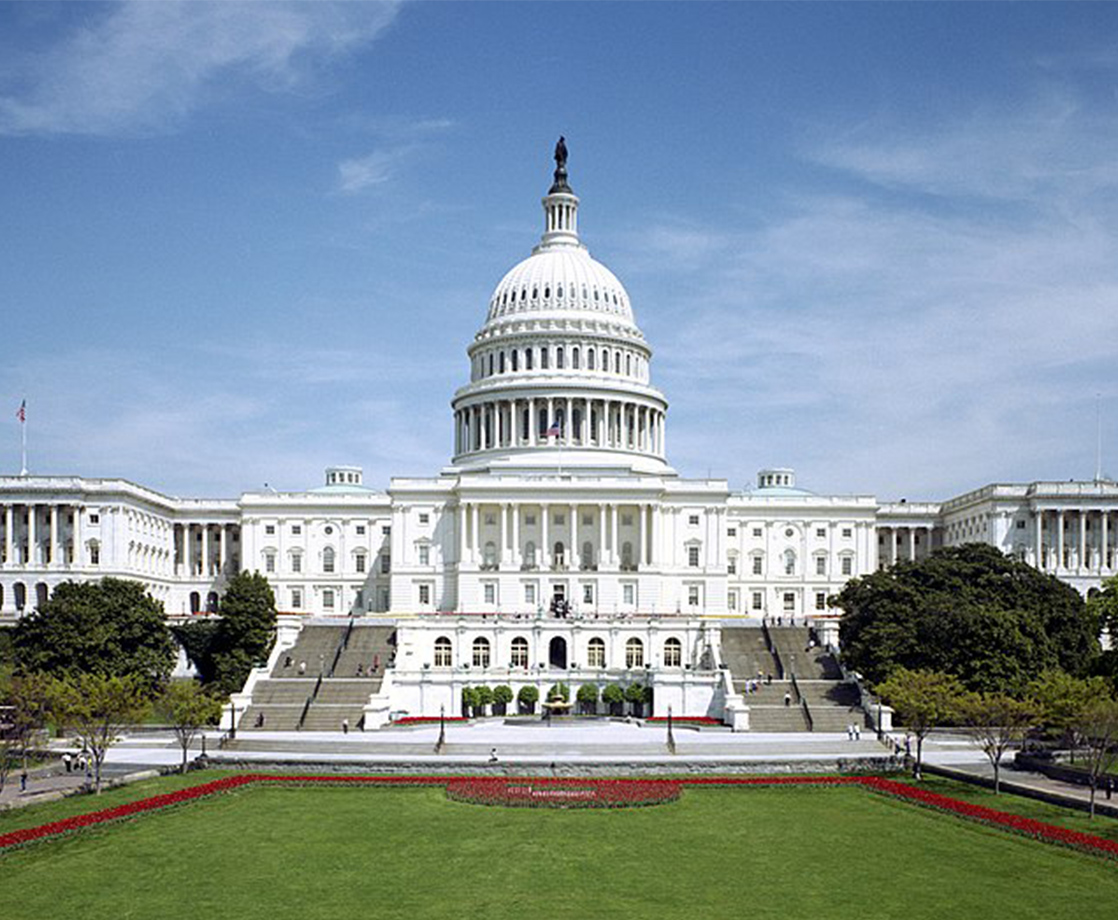There’s wide-ranging research on alcohol’s potentially damaging effects to both the mind and body, specifically liver damage and neurodegeneration. While intensive analysis on cannabis and its phytonutrient constituents has been somewhat limited over the years due to prohibition, there are numerous studies indicating cannabidiol (CBD), the primary non-intoxicating cannabinoid found in cannabis, may be effective in both the treatment of alcohol abuse and prevention of alcohol-related illnesses.
In a study published in 2014 by the international and interdisciplinary biology journal Free Radical Biology and Medicine, it was shown that CBD, a known antioxidant, protects the liver in mice from acute alcohol-induced steatosis, or “fatty-liver disease” typically brought on by habitual alcohol consumption. Fatty liver is a common condition across the American middle-aged population associated with habitual alcohol indulgence, obesity, and/or Type-2 diabetes. It’s generally a benign condition, but in some people, it can progress to liver failure. This is also known as cirrhosis.
The study found that CBD promotes the proper breakdown of fats and disposal of cells damaged by alcohol. Even in mice accustomed to binge drinking, CBD significantly protected their livers.
And there are more studies pointing to CBD’s unique effects on alcohol consumption, even lowering Blood Alcohol Concentration (BAC).
In Volume 66 of Psychopharmacology, published Nov. 1979, a study titled “Interaction of cannabidiol and alcohol in humans” showed that consuming a combination of alcohol and CBD together resulted in significantly lower blood alcohol levels compared to alcohol consumed alone.
It’s important to note that, while CBD lowered BAC, consuming alcohol alone and alcohol together with CBD both produced significant impairments of motor and psychomotor abilities, including impairing the perception of one’s own intoxicated abilities. Still, CBD administered alone resulted in no significant impairment.
This points to CBD’s strengths in treating addictive behaviors, in general.
In a 2015 issue of Substance Abuse: Research and Treatment, a study titled “Cannabidiol as an Intervention for Addictive Behaviors: A Systematic Review of the Evidence” showed that CBD can regulate neural circuits involved in the addiction to drugs. The study examined CBD research from around the world using Medline and PubMed’s vast archives of journal citations and abstracts in biomedical literature to conclude that “CBD may have therapeutic properties on opioid, cocaine, and psychostimulant addiction, and some preliminary data suggest that it may be beneficial in cannabis and tobacco addiction in humans.”
We’re seeing that CBD may mitigate drug addiction and offset some of alcohol’s negative physiological effects. Furthermore, CBD may even be able to prevent alcohol’s neurodegenerative effects, even when administered topically.
A study conducted at the University of Kentucky’s Department of Pharmaceutical Sciences furnished a report titled “Transdermal delivery of cannabidiol attenuates binge alcohol-induced neurodegeneration in a rodent model of an alcohol use disorder.” The abstract was published by Pharmacology Biochemistry and Behavior in 2013. Researchers administered CBD to rats by topical gel and injection and found that both methods were equally effective in reducing alcohol-induced neurodegeneration. The report posits that delivery of CBD, even transdermally, can reduce alcohol-related damage as a neuroprotectant to the nervous system, including neurons in the brain.
With numerous other studies and additional research becoming available as restrictions on the research of cannabinoids loosens around the world, it’s becoming clear that cannabis can provide strong assistance to those struggling with various alcohol- and drug-related illnesses. This is why some researchers now refer to cannabis as an exit drug rather than a gateway drug.
It’s interesting to know that CBD helps our bodies process alcohol more efficiently. Perhaps cannabis, in general, can increase biological efficiencies in more ways. We may even find that since our bodies have been starved of cannabinoids for so long because of prohibition, that perhaps cannabis is—and always was—an essential component to enjoying alcohol more healthfully. One day, we may find that drug addiction and alcohol-related symptoms may either be exaggerated or even caused by cannabinoid “nutrient” deficiencies occurring in our endocannabinoid systems.











